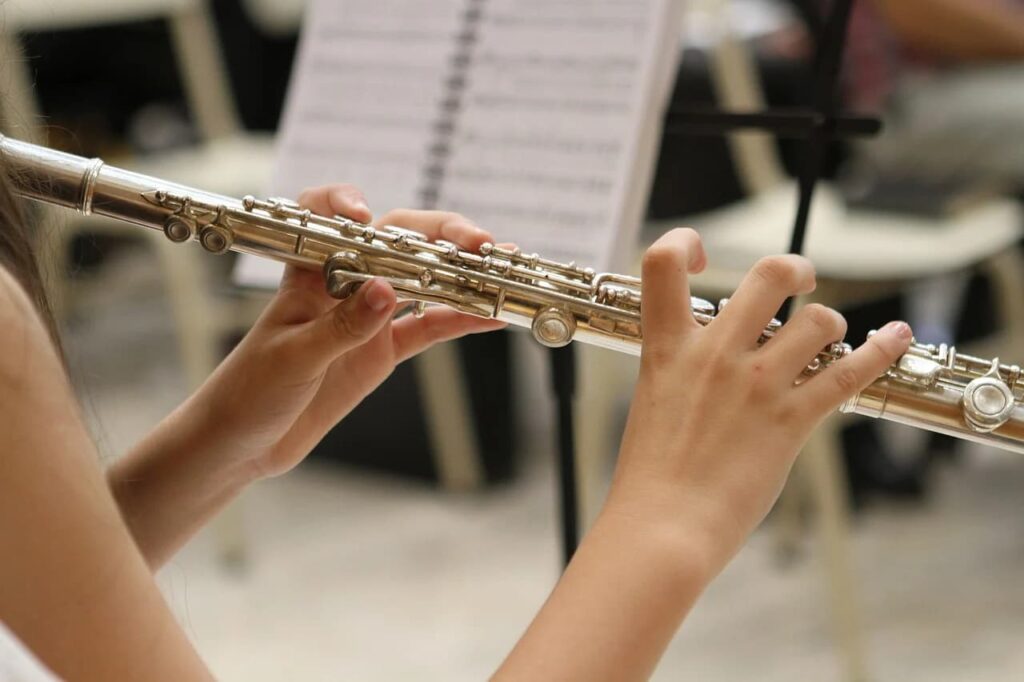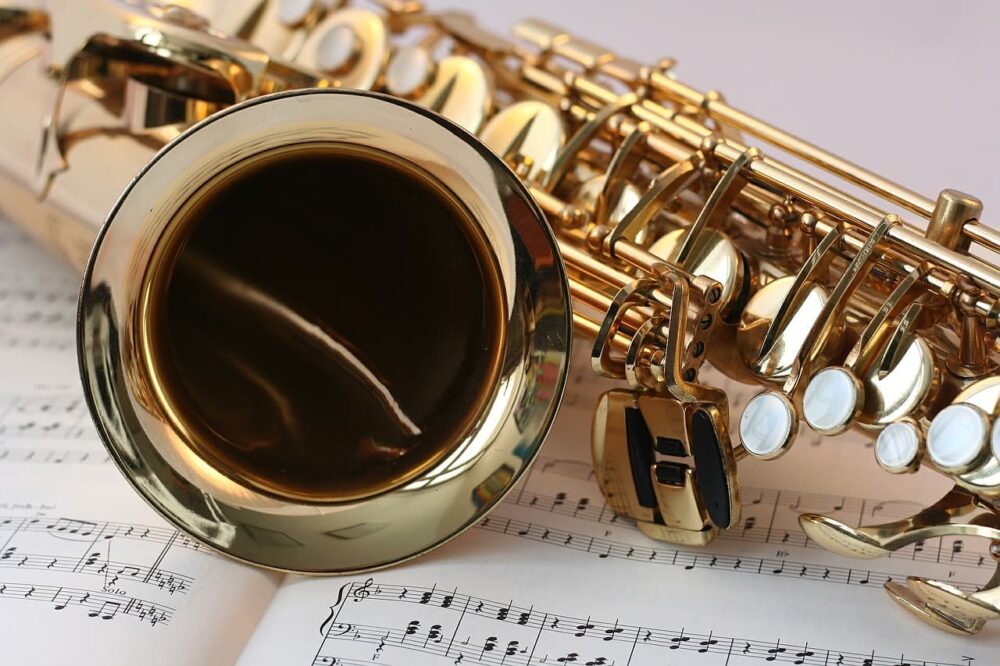How to Help Your Child Develop a Taste for Classical Music
Recently, discussions about the need for music lessons in kindergartens and schools have not subsided. Many parents say that no one listens to classical music any more and that the ability to understand melodies and sing is hardly ever useful to children. However, children themselves, on the contrary, are very fond of music lessons and enjoy listening to classical composers. This happens because absolutely all children subconsciously feel the benefits of music for their body, soul, and mind.
Meanwhile, the benefits of classical music as a tool for the development of the child are also absolutely undeniable. It not only improves the sense of hearing but also contributes to the more successful acquisition of languages (both native and foreign), the development of spatial and logical thinking. Many great scientists have claimed that it was the practice of music in childhood that sharpened their intellect, and the great Albert Einstein considered music to be as useful for the mind as mathematics. And today I’m going to tell you how to instill in your child a taste for classical music. Let’s go!

At What Age Can You Start Taking Your Children to The Classics?
It’s better to start as early as in utero the development of the fetus. One of the most important things I do in my life is to create a double CD with music recordings and commentary. It has everything scheduled by weeks and months, which relates to the stages of fetal development and the changes in the mother’s condition as that development progresses. For example, I suggest listening to the music of the greatest musical architect of the Baroque period, Arcangelo Corelli, when the fetus is developing its vestibular apparatus. And the music of Beethoven in the period of establishing personal contact between the mother and the child for the mother and through her child to deeply understand the Apollonian and Dionysian, i.e. the harmony between mind and emotion, between thought and feeling. The music of Haydn I suggested is the strongest antidepressant, recorded Vivaldi creates a feeling of warmth and light, and the music of Mozart is better suited to the last months of pregnancy when a decision must be made for the baby to enter the world of Mozart, not of cruelty and aggression.

Also, the first sounds of Baroque and Viennese classical music can be heard softly during feeding, falling asleep, swaddling, and then the baby’s first steps. And when the child turns three, it is very good to organize “Mozart’s 10 minutes” in the evening and make it a daily nightly ritual. The greatest effect is achieved when mom, dad, and child sitting side by side and listen to music by Mozart (or Baroque composers) in semi-darkness (by candlelight or floor lamp). Romantic and later composers (except for some works by Claude Debussy) are better left out so as not to overstimulate the child’s perceptual system.) The exception is Tchaikovsky’s “Children’s Album”. It is desirable to take your child to concerts of music that was already being played at home. Then the child will have the joy of learning the music and the added effect of listening to familiar and beloved music with other people.
Music Education
A child’s musical education is an integral part of the educational process in general. It is not just about developing a musical ear. Music influences the development of a child’s emotional sphere and helps to instill in him or her a good taste and a sense of beauty. A special role in the musical education of children belongs to classical music. Classical melodies are distinguished by harmony, the nobility of intonation, and the richness of tones. Of course, classical music for children is more difficult than modern music, because the clear rhythm and dynamics of modern melodies are much easier to grasp than the refined complexity of classical works. Classical music should be taught to listen and should be taught to understand. And this should start from a very young age.
- Children under the age of three may not yet be able to perceive the melody clearly, but they already know the differences in sounds. Therefore, even at this age, you can let your child listen to melodic songs. Music should be chosen according to the time of day. During the day, when the child is active, you can put Mozart’s rhythmic compositions, Bach’s “Joke”. And before going to bed – slow, relaxing melodies: Glinka nocturnes, Beethoven’s “Moonlight Sonata”, excerpts from the suite “Per Gynt” by Grieg. At this age, it’s best not to let your child listen to sad, disturbing minor tunes.
- At the age of four, you need to devote more time to listening to music. The child is already able to learn to listen to music sensibly, to catch the rhythm, tempo, to highlight the individual instruments in sound. At this stage, you can already explain to the child what “major” and “minor” are, and illustrate with examples. For a minor piece, say, Schumann’s “First Loss” and Rachmaninov’s “Italian Polka” as a major piece will do.
- At the age of 5 or 6, you can expand the musical repertoire for your child to listen to. At this age, classical music for children should be varied. Try to choose music that corresponds to the emotional mood of the child. At this age, you can already try to start music therapy, correcting the child’s emotional state with classical music if necessary.
Is It Better to Take the Kids to Regular Symphony Concerts or Opera/Ballet?
This is very individual. The main thing is to prepare to attend, and now everyone has the opportunity to do so. As for the opera, it’s better to discuss the libretto in detail before going. The child should know that unlike a movie or theatrical performance, opera requires prior knowledge of the plot.
That’s It!
To summarize, I would like to say that the basic question of a child’s attitude toward the classics is most often and most effectively solved in the family. And second, no less important: classical music is necessary not only to fill the leisure time (there are many other activities). Its necessity for the formation of personality has long been proven. Classical music brings both lobes of the brain into balance, helps thinking in the exact sciences, forms a panoramic consciousness and thinking, and has a therapeutic function.
